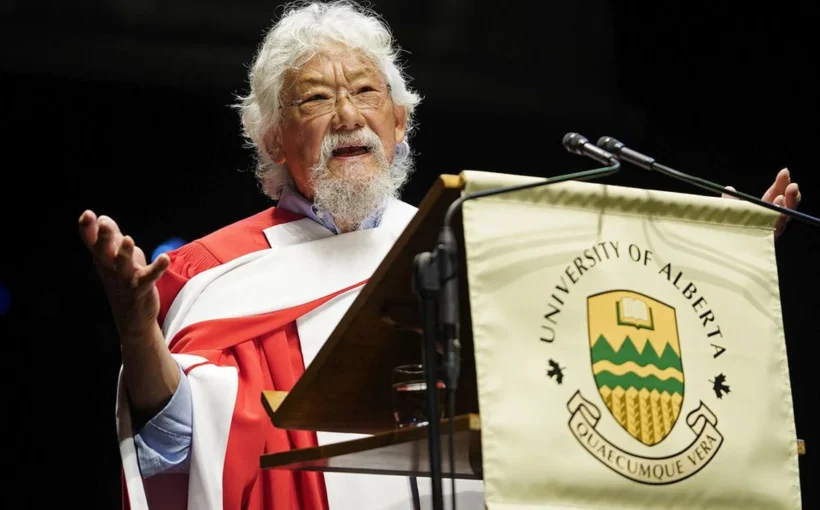
That’s right, 20 out of 20, 100 per cent, though the pipeline is still not supported by one smaller group led by Wet’suwet’en hereditary clan leaders.
Without knowing that 100 per cent of elected Indigenous council support the project, there’s no way for any of us to fully grasp what’s happening in this pipeline dispute, correct? It’s vital context. That’s why I’m focusing on it.
It’s also why I support the dozens of RCMP who worked on the behalf of those 20 elected Indigenous councils this weekend to arrest 29 protesters who allegedly defied a court order and blockaded access roads, trapping 500 workers at work camps.
The conflict ignited an explosion of controversy.
Here’s my take on the winners and losers.

Winners: clarity and context. Most media reports on the conflict only mention that 20 out of 20 elected band councils support this pipeline way down in the story, if it’s mentioned at all. And there’s rarely any description of the nature of the Wet’suwet’en internal dispute.
The power structures of northwest coast B.C. Indigenous nations are complex and evolving but Melissa Mbarki, an analyst on Indigenous policy at the Macdonald-Laurier Institute, just now did us all a favour in the name of clarity, outlining the nature of the internal tension.
Essentially, Mbarki said, hereditary chiefs on reserves do not hold individual rights that would give them veto over their community. They can act as managers but they do not set policy. Policy is up to the chief and council.
No surprise then that elected Wet’suwet’en Chief Maureen Luggi and her council blasted the protest staged by a “few members” of the Gidimt’en Clan, noting: “The protesters at the ‘Coyote Camp’ and other protest sites have never consulted us about their actions and cannot claim to represent us or any other members of the First Nation.”
Losers: NDP in B.C. and Alberta. Mbarki reported that John Horgan’s B.C. NDP government has frozen out elected band leaders in favour of hereditary chiefs in pipeline negotiations. How is that a sound idea? It undermines democracy and risks greatly prolonging the dispute.
As for Rachel Notley’s NDP, its provincial council passed a resolution demanding construction stop until hereditary chiefs give consent.
But is not the Wet’suwet’en nation represented by its chief and council? Why weren’t the first words out of Notley’s mouth when she was asked about the NDP resolution an enthusiastic statement of solidarity with the 20 out of 20 elected councils who support the pipeline? She failed those Indigenous leaders, workers and families.
Notley also raised serious doubts about her capacity to push through vital infrastructure projects if push ever comes to shove.

Winners: the RCMP. Usually, these confrontations are a no-win for the RCMP. They are inevitably cast as militarized bullies and erred here in arresting two journalists. But with his clear description of nature of the protest and protestors, Chief Supt. John Brewer, of B.C’s Community-Industry Response Group, gave useful context: “We have serious concerns that a number of individuals from out of province and out of country have been engaging in illegal activities in the area such as falling trees, stealing or vandalizing heavy machinery and equipment, and causing major destruction to the forestry road.”
Loser: David Suzuki. As the RCMP moved in, prominent green leader David Suzuki claimed that “if our leaders don’t pay attention to what’s going on” there will be “pipelines blowing up.”
I took Suzuki’s comment as a prediction, not as an incitement to violence. But I take that prediction seriously. Suzuki knows the mindset of fanatical activists. If some activists are now arrogant and malicious enough to start blowing things up if they don’t get their way, Suzuki is better placed to predict this than almost anyone else.
I’ll side with 20 out of 20 elected Indigenous councils on the best path forward over that dark vision every day of every week.



